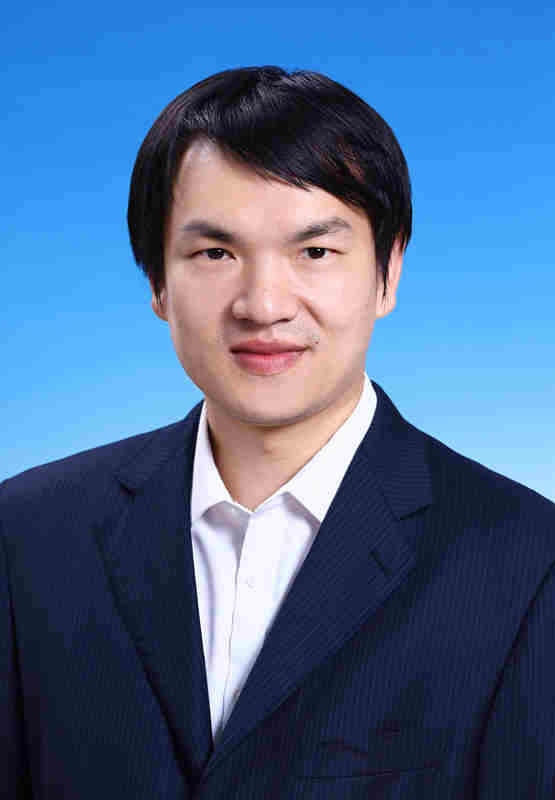Invited Speaker

Prof. Mengkai Li
State Key Laboratory of Environmental Aquatic Chemistry, Research Center for Eco-Environmental Sciences, Chinese Academy of SciencesSpeech Title: Organic Pollutant Degradation in Water by Vacuum Ultraviolet: Dosimetry and Enhancement Pathways
Abstract: Vacuum ultraviolet (VUV) radiation efficiently generates hydroxyl radicals (HO•) without chemical additives, enabling rapid oxidation of organic pollutants in water. With growing interest in ultrapure water treatment, VUV has gained attention for its ability to degrade trace total organic carbon (TOC). However, two critical challenges hinder its practical application. 1)Low energy efficiency: The photoelectric conversion efficiency of 185 nm VUV in low-pressure mercury lamps is typically <5%, leading to high energy consumption. 2)Lack of dosimetry: The absence of reliable methods to quantify 185 nm irradiance within reactors compromises system reliability and standardization. This study identifies a key limitation in VUV energy utilization: HO• radicals, confined near the lamp surface due to mass transfer constraints, recombine into low-activity hydrogen peroxide (H₂O₂). We propose chemical (e.g., reagent addition) and physical (e.g., hydrodynamic optimization) strategies to suppress H₂O₂ formation, thereby enhancing VUV efficacy. Notably, micro/nano-bubble aeration—a physical approach—significantly improves pollutant removal by mitigating H₂O₂ accumulation. Furthermore, based on H₂O₂ generation kinetics, we develop a novel in situ 185 nm dosimetry method under controlled hydrodynamic conditions, ensuring process reliability. Our work provides theoretical and methodological foundations for optimizing VUV-based water treatment systems.
